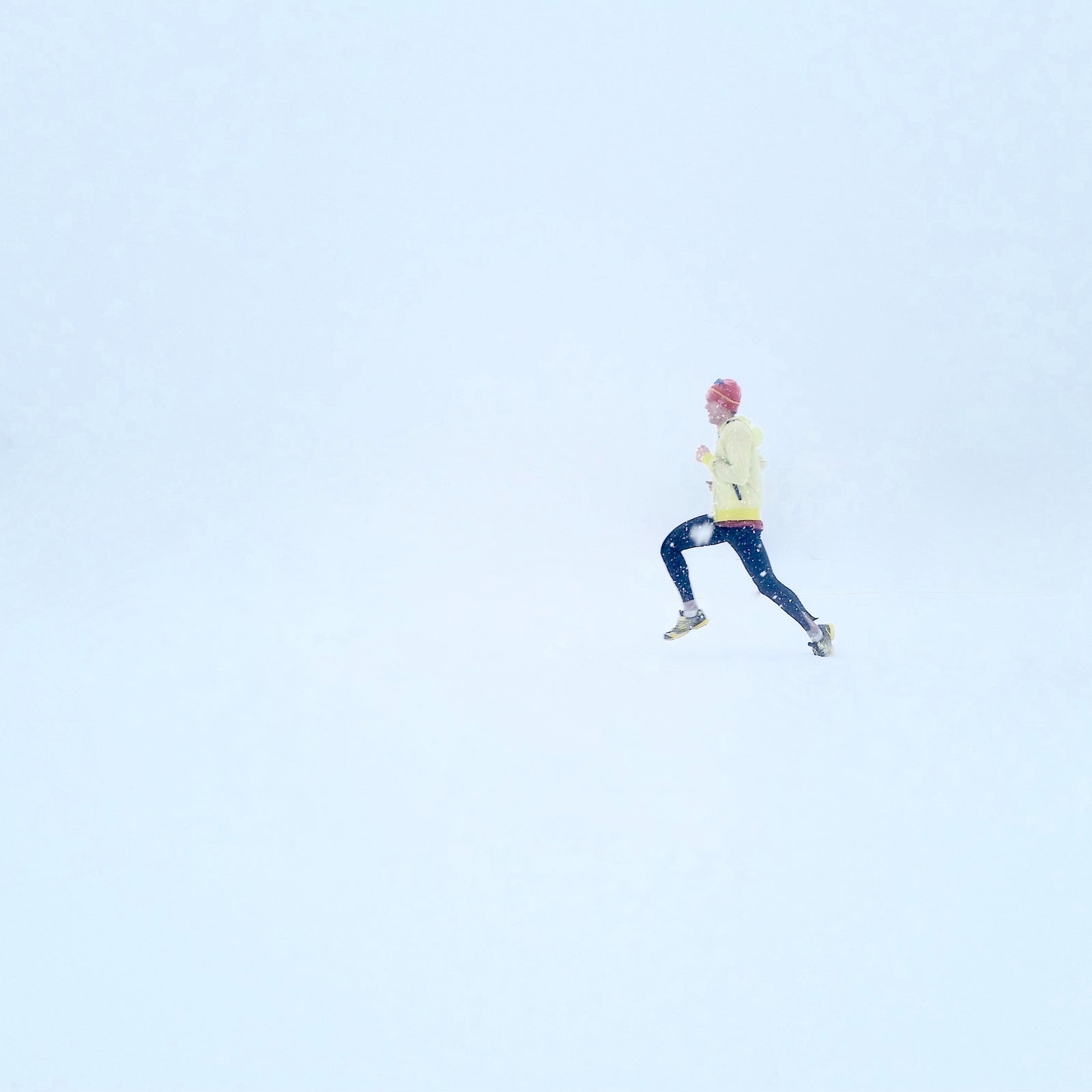The Long Answer: We posed your question to , founder of the Thermal Ergonomics Laboratory at the University of Ottawa, who gave us a quick lesson on sweat and why your gender may have something to do with your shivers.
“When you go for a run, your metabolic rate goes up quickly because you need to deliver oxygen to your tissues to fuel muscle contractions,” Jay says. “The transfer of energy in the cellular process needed to create these muscle contractions is very inefficient, so a lot of this energy is liberated as heat—80 to 95 percent of it.”
That heat needs to dissipate to the environment in order to keep your core temperature from rising too high, and your body sheds the heat by increasing blood flow to the skin and sweating. “But we don’t start dissipating enough heat to balance the elevated metabolic heat production until about 30 or 45 minutes of exercise,” Jay says. So your body temperature will rise for about half an hour until it plateaus when you’re losing enough heat through your skin to keep your body from baking.
The Short Answer: When you finish exercising, your metabolic heat production immediately drops. But you’ll keep sweating for a while and continue to lose heat to the environment through the evaporation of that sweat. “How this affects your core temperature depends on your body’s shape and surface area to mass ratio,” Jay says. Women often have a high surface area to mass ratio, so they tend to lose more heat more quickly after a workout than men do, making them cold. (Taller, thinner men, Jay points out, also tend to experience the post-workout freezies more often than bigger guys.)
The Solution: Obvious, but it bears repeating: Change out of damp or wet workout clothes and get dry as quickly as possible.


